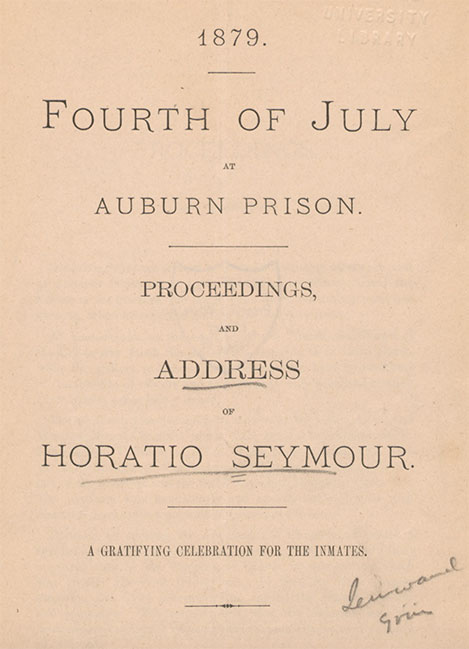
19th Century Ethical Code Continues to Be Significant Today

Photo: George Grantham Bain Collection via [Wikimedia Commons](https://commons.wikimedia.org/wiki/File:The_big_hand-out_-_Hobo_Convention,_Cincinnati_LCCN98502778.tif) (Public domain)
What inspires you to rise in the morning and face your day? How do you make decisions? Many individuals, whether consciously or subconsciously, have cultivated a distinct set of principles, morals, and beliefs that direct their everyday actions. What exists in your principles might be absent in someone else’s—or, more starkly, the two could be completely opposite. In today’s world, where there is an unending stream of overwhelming and contradictory information, ideals, and views, it can be challenging to find commonality with others.
A lesser-known aspect of American history might hold a vital clue in bridging some of that relational gap we encounter today. Named *The Hobo Ethical Code of 1889*, this document specifies 15 essential rules for living that highlight kindness, truthfulness, and dignity, even when such qualities weren’t always extended to them initially.
Although the term is viewed as pejorative today, “hobos” designated itinerant laborers who were perpetually on the go across the United States. They would undertake odd jobs to survive, traveling by train during the railroad boom from the mid-19th to the mid-20th century. These workers frequently encountered discrimination due to their atypical lifestyle, despite their intentions to be productive. Eventually, many of them united to form a coalition, known as Tourist Union #63, to escape anti-vagrancy legislation.
This union held yearly gatherings, and it was at the 1889 assembly in Chicago, Illinois, that its ethical code was composed. Continue reading to discover what the code includes, and take what resonates with you.
## A moral framework from 1889 offers guidelines for life, with several principles that remain pertinent today.
Photo: Author Unknown via [Wikimedia Commons](https://commons.wikimedia.org/wiki/File:Hobos2.jpg) (Public domain)
## The *Hobo Ethical Code of 1889* was formulated during an annual meeting held in Chicago in August 1889.
### **_The Ethical Code:_**
– Shape your own destiny; don’t allow someone else to dominate or control you.
– When in a town, always honor the local laws and authorities, and strive to conduct yourself as a gentleman at all times.
– Do not exploit someone who is in a precarious situation, be it locals or other hobos.
– Always seek employment, even if it’s temporary, and pursue jobs that no one else wants. By doing this, you not only assist a business, but also secure work should you return to that area later.
– When jobs are scarce, create your own work by utilizing your extra skills in crafts.
– Do not permit yourself to become a foolish drunk and set a poor example for locals’ treatment of other hobos.
– When jungling* in a town, honor handouts, do not wear them out, for another hobo will soon arrive who may need them as desperately, if not more than you do.
– Always show respect for nature, do not leave trash where you are jungling.
– If in a communal jungle, always lend a hand and contribute.
– Aim to stay clean, and use boiling water whenever possible.
– While traveling, ride the train with respect, take no unnecessary risks, create no issues with the operating crew or host railroad, and behave like an additional crew member.
– Refrain from causing trouble in a train yard, as other hobos may come through needing access to that area.
– Never allow other hobos to harm children; report all offenders to the authorities…they are the most harmful element to any community.
– Assist all runaway children, and attempt to encourage them to return home.
– Support your fellow hobos whenever and wherever necessary, as you may require their assistance one day.
*jungling: refers to residing in a “jungle,” or a communal encampment typically situated near train tracks, where individuals would rest, congregate, and share provisions while on the move.
Photo: C. C. Pierce via [Wikimedia Commons](https://commons.wikimedia.org/wiki/File:Hobo_sitting_on_a_fence,_ca.1920_(CHS-1428).jpg) (Public domain)
## Itinerant laborers who shifted from location to location in search of employment in the late 19th century were referred to as “hobos,” and frequently faced bias for their unconventional way of living.
Photo: Author Unknown via [Wikimedia Commons](https://commons.wikimedia.org/wiki/File:Image_from_page_505_of_%22American_engineer_and_railroad_journal%22_(1893).jpg) ([CC0 1.0](https://creativecommons.org/publicdomain/zero/1.0/deed.en%E2%80%9D%20target=))
## Nonetheless, the *Hobo